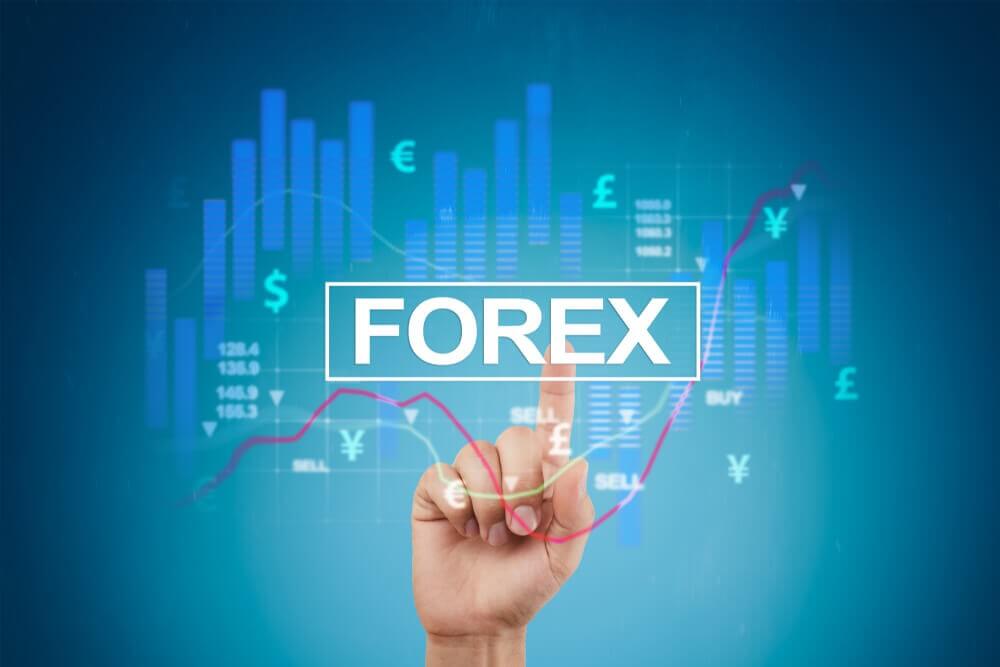
Forex Regulations Worldwide – What You Need To Know
Have you ever wondered what the most popular Forex Regulations worldwide are? What kind of regulations are there exactly? And ultimately, what is the difference between regulated brokers and unregulated brokers?
Before we understand all that, it is crucial to understand that trading currencies can be tricky and complicated. Forex traders are challenged to find the top Forex brokers among numerous, often fraudulent ones. The interbank market has altering degrees of regulation, and Forex mechanisms are not standard.
Meanwhile, each of the contributing banks makes up the market. They are also handing over offers and bids for a specific currency. On the other hand, the market pricing mechanism derives from supply and demand.
Most retail investors should spend time inspecting a Forex dealer. This is to find out whether it is on regulation in a country with rules and oversight. It is also a bright idea to look for the kinds of account protections that are available in case of a market catastrophe or if a dealer becomes insolvent.
What is Forex trading, and how does it work?
Foreign exchange, more widely known as Forex or FX, is an incredibly large and decentralized global market where all forms of currency are traded.
Forex is the principal, most liquid financial market. The size and its scope produce unique challenges regarding market regulation.
When can I trade Forex?
Forex trading is 24 hours a day, five days a week. The foreign exchange markets are global and, therefore, follow a 24-hour comprehensive schedule.
Exclusive benefits of a 24-hour market:
- Respond to global trading opportunities whenever they ascend
- Trade when it’s convenient for you
- Take advantage of periods of higher volatility when markets overlap
Forex trading contains a significant risk of loss and is unsuitable for all investors.
The forex market is a 24-hour market. There tends to be a huge influx of information if you stay updated on Forex news to measure future price movements. This makes it an excellent market for traders that use technical tools.
Find a reputable Forex broker
In order to start trading Forex, it is essential to choose at least one currency pair, open an account, and see what brokers offer and their trading costs. Also, do not skip reading a broker review once you’ve encountered one since there are a lot of unregulated Forex brokers that may be fraudulent.
There’s a wide range of interactive brokers that offer fantastic Forex trading platforms that could be suitable for both beginners and experienced Foreign exchange traders. All those who are considering learning more about financial regulation should first learn what Forex Regulations worldwide are.
Forex regulatory authorities

The Forex and investment industry are supervised by strict regulatory control in local administrations across the globe. In each country, there are legal and public regulatory groups. These agencies set up activities and manage all happenings in the Forex and financial industry.
These supervisory agencies act as regulators to safeguard compliance with local legislation and to issue financial certificates to businesses that obey these regulations.
- Forex regulations are in place to guarantee fair, legal, and ethical organization practices.
- All investment banks, Forex brokers, and signal providers must abide by the regulations the relevant regulatory authority sets forth in their respective country or jurisdiction.
- Among the regulators’ standards, which have to be met, Forex firms must register and license their company in the country where their movement is based.
- Read our review on FXTM, a regulated and licensed brokerage company.
The regulatory authorities have the right to issue licensed brokers with multiple audits, evaluations, and assessments to guarantee that they meet industry standards.
Forex brokers must maintain a certain minimum level of capital in their possession to remain operational. It is to be able to perform and complete Forex contracts for clients and to return clients’ assets to them immediately in the case of bankruptcy.
How do you regulate a market that is trading 24 hours a day?
There is no centralized body leading the currency trading market; instead, numerous governmental and independent organizations administer Forex trading around the world.
Below are regulatory bodies for foreign exchange businesses in some of the world’s major markets.
| COUNTRY | SUPERVISORY BODIES |
| United States | The National Futures Association (NFA) Commodities Futures Trading Commission (CFTC) |
| United Kingdom | Financial Conduct Authority (FCA) |
| Australia | The Australian Securities and Investments Commission (ASIC) |
| Japan | The Financial Services Agency (FSA) |
| Canada | The Investment Industry Regulatory Organization of Canada (IIROC) |
| Cayman Islands | Cayman Islands Monetary Authority (CIMA) |
| Hong Kong | The Securities and Futures Commission (SFC) |
| Singapore | The Monetary Authority of Singapore (MAS) |
The global supervisory bodies control Forex by setting standards that all brokers under their jurisdiction must obey.
These standards involve the registration of a licensed regulatory body that is subject to regular audits.
They are also cooperating with specific changes of service to their clients and more. This setup helps ensure that currency trading is decent and fair for all.
The general aim of regulatory authorities
The regulator retains all private information about business owners and managers. It also aims to supervise and monitor the company, directors, and owners to avoid any illegal or suspicious business practices. This protects all those involved.
At the same time, regulatory authorities aim to maintain a firm financial market across the globe.
The regulatory authorities offer a level of protection for investors. This is for them to restrict/sanction or ban the actions and activities of Forex businesses if necessary and to defend investors.
How is the Forex market actually regulated?
Learning more about Forex regulations worldwide means that you’re aware of the way in which the Forex market is regulated. Regulatory bodies globally have established certain standards that all forex brokers under their jurisdiction must follow. These standards include being registered and licensed with the regulatory body, undergoing regular audits, and communicating changes to their clients. This ensures fairness and ethical practices in currency trading.
Here at FOREX.com, we take pride in being transparent and secure and strictly adhere to the standards set by our regulatory bodies. We are regulated in seven jurisdictions worldwide, serving over 200,000 traders in more than 180 countries. Our parent company, StoneX Group Inc., is a publicly-traded company,y and we hold ourselves to the highest standards of corporate governance, financial reporting, and disclosure.
What is copy trading?
Copy trading is a popular trend in the Forex market, where traders can replicate the trades of more experienced traders. However, it is crucial to ensure that the regulated broker executes the copied trades and that the regulatory requirements are met.
Explanation of the Commodity Futures Trading (CFTC)
The Commodity Futures Trading Commission (CFTC) is a US regulatory body that oversees copy trading in the US. Worldwide, various other regulatory bodies set standards for copy trading and ensure that it is conducted ethically and transparently. By choosing regulated brokers and following Forex regulations worldwide, investors can safeguard their investments and minimize the risks associated with copy trading.
Bottom line
In conclusion, Forex regulations worldwide play a critical role in ensuring that the currency trading industry is ethical and fair for all parties involved. Brokers must comply with the standards set by the regulatory bodies, including being registered and licensed, undergoing regular audits, and communicating changes to their services.
As a trader, it is important to choose a regulated broker to ensure the safety and security of your investments. At FOREX.com, we are proud to meet and exceed the regulatory standards in seven jurisdictions worldwide, providing trustworthy and transparent services to over 200,000 traders in more than 180 countries.
Overall, Forex regulations worldwide play a crucial role in promoting transparency, fairness, and ethical trading practices in the global forex market. As a trader, it’s important to do your due diligence and choose a regulated broker that adheres to these regulations to protect your investments and ensure a positive trading experience.




